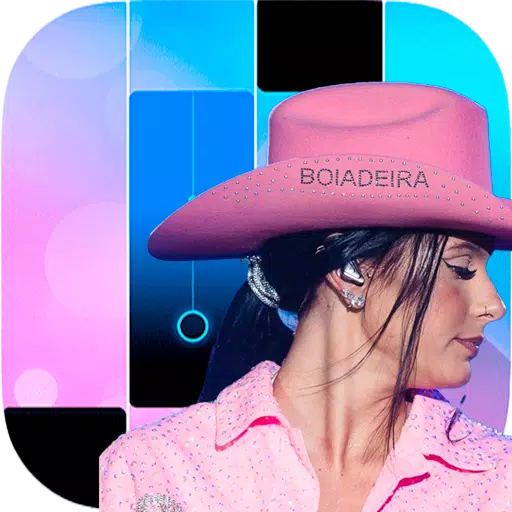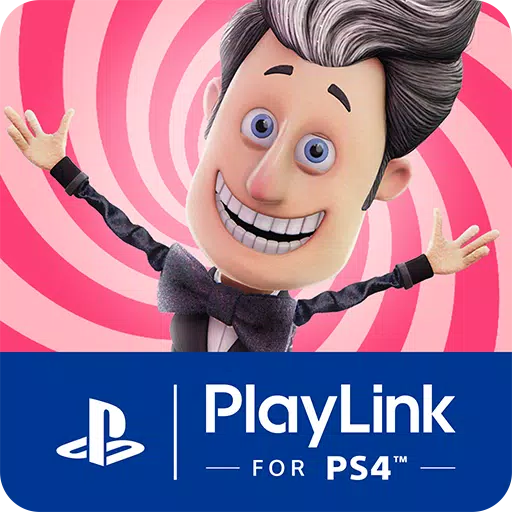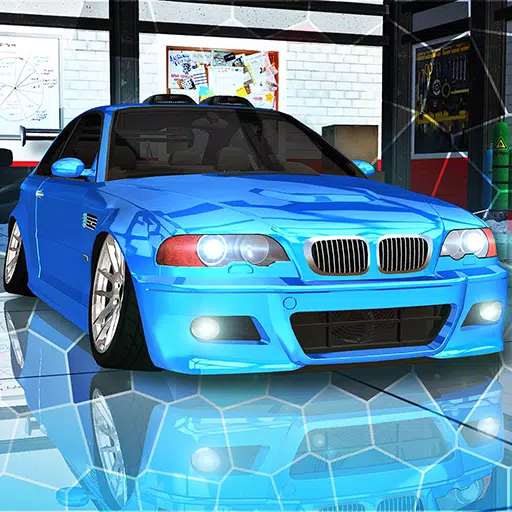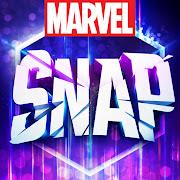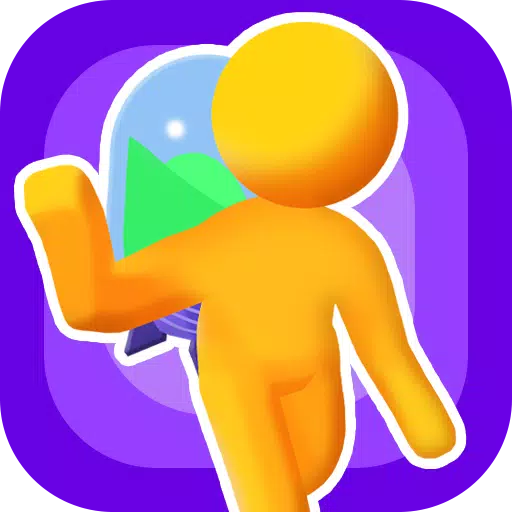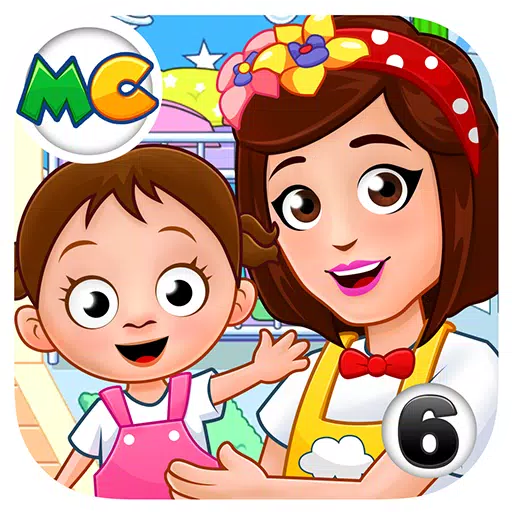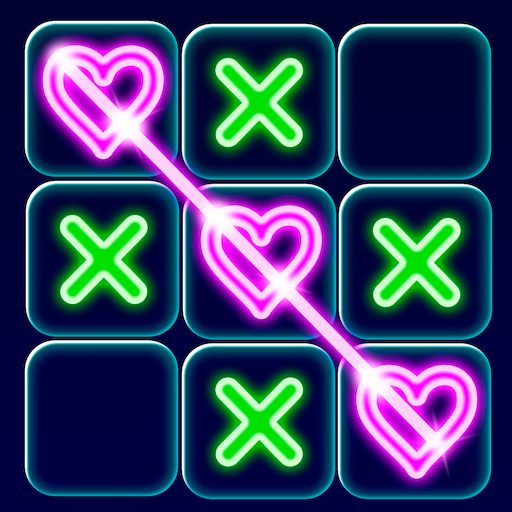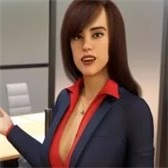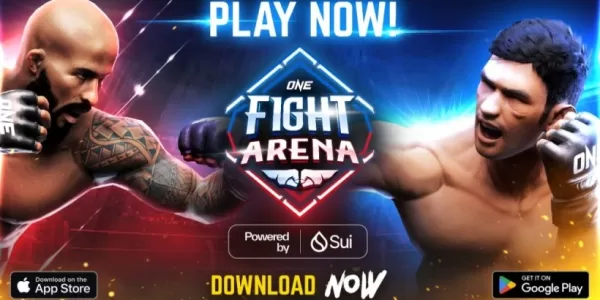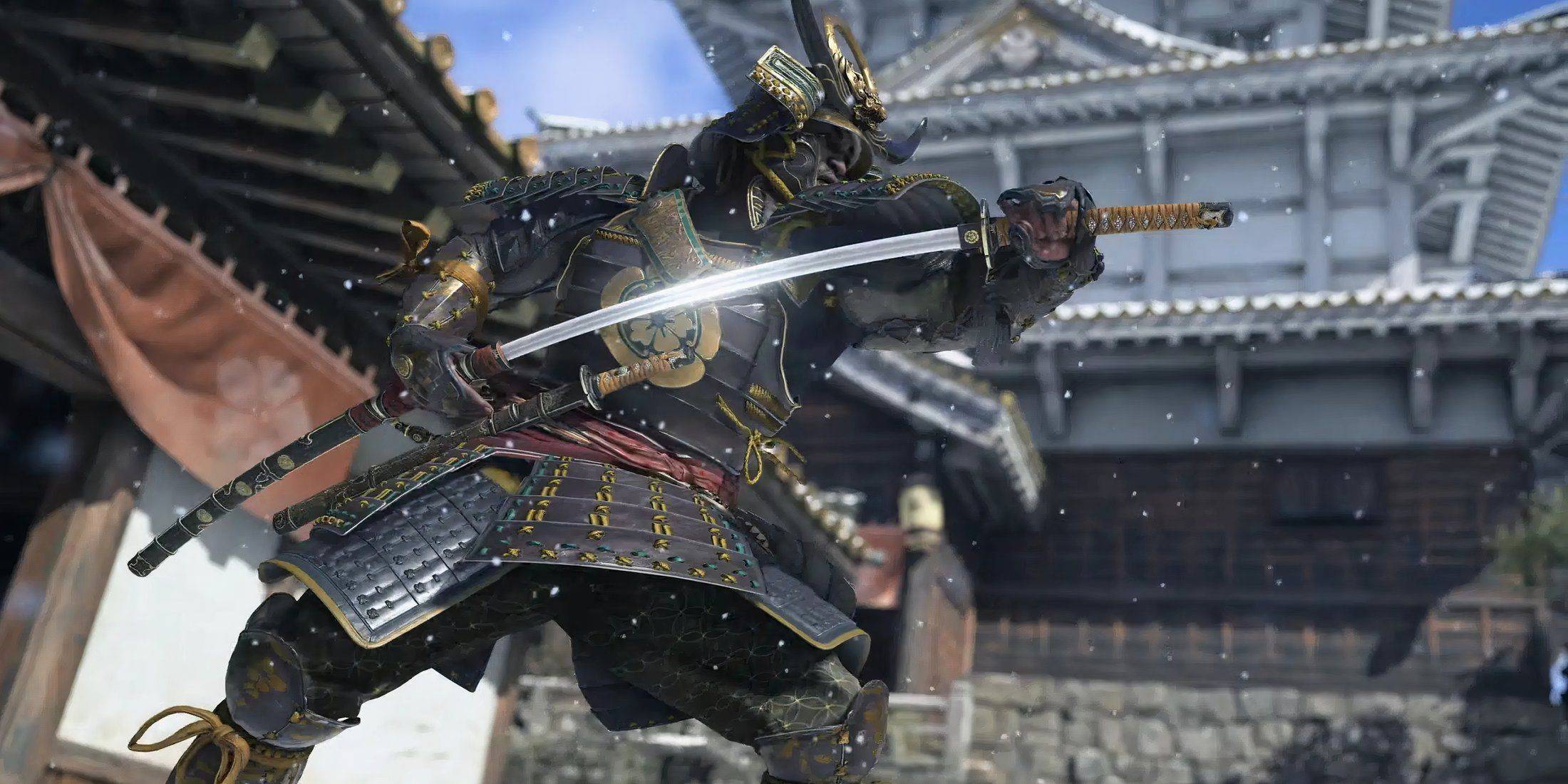Ever since Nintendo officially revealed the Switch 2, anticipation has been building for the upcoming April Direct. This event is expected to provide the official release date, price, and game lineup for the Switch 2. However, Nintendo surprised everyone by releasing another Direct just a week before, featuring major titles like Pokémon Legends Z-A and Metroid Prime 4. Given Nintendo's commitment to backward compatibility, perhaps this move shouldn't be too surprising.
Prior to this week's Nintendo Direct, Nintendo set expectations by stating, "There will be no updates about Nintendo Switch 2 during the presentation." While this was technically true—the Switch 2 wasn't mentioned beyond a reminder about the upcoming Direct and the new Virtual Game Card sharing system—it's reasonable to infer that all the games showcased will be compatible with the Switch 2. Officially, these games are slated for release on the original Switch.
It's a win-win situation for everyone involved. Those continuing with the original Switch still have plenty to look forward to as the console enters its eighth year, while those planning to upgrade to the Switch 2 can do so knowing they'll have access to an extensive back catalog of games right from the start.
Nintendo's dedication to backward compatibility is setting the stage for what could be one of the smoothest transitions between console generations we've ever seen. While many are eager to discover what the Switch 2 can offer and what new games will be available, Nintendo's cautious approach with the hardware ensures all bases are covered. The recent Nintendo Direct didn't seem focused on boosting Switch 2 pre-orders or pushing for immediate upgrades, and this inclusive strategy deserves recognition. Nintendo is essentially saying everyone is welcome, whether you're planning to buy a Switch 2 at launch, upgrade later, or continue enjoying your current Switch.
This is why it made sense for Nintendo to showcase numerous Switch games just days before the dedicated Switch 2 Direct. Beneath the surface, they were also laying the groundwork for the upcoming transition. The introduction of the Virtual Game Card system, which allows Switch owners to link two consoles and share digital games, is a prime example. This feature, reminiscent of Steam's family sharing system, is particularly useful with the rise in digital game sales. But why introduce it at the end of the Switch's life cycle, with the Switch 2 just weeks or months away? The answer likely lies in making the transition to the Switch 2 as seamless as possible.
Some have noted that the fine print for the Virtual Game Card system mentions a "Switch 2 Edition" for certain games. Whether this refers to exclusive enhancements that prevent sharing with the older Switch, exclusive re-releases that will only work on the Switch 2, or something else entirely, remains unclear. However, just as Nintendo previously stated that "Certain Nintendo Switch games may not be supported or fully compatible with Switch 2," this fine print probably covers their bases in case some games cannot be shared.
Overall, Nintendo's approach to the Switch 2 transition feels like a well-orchestrated procession, similar to how Apple transitions between iPhone models. You don't have to upgrade, but there are clear benefits if you do, and you can bring your existing games along for the journey.
 Home
Home  Navigation
Navigation






 Latest Articles
Latest Articles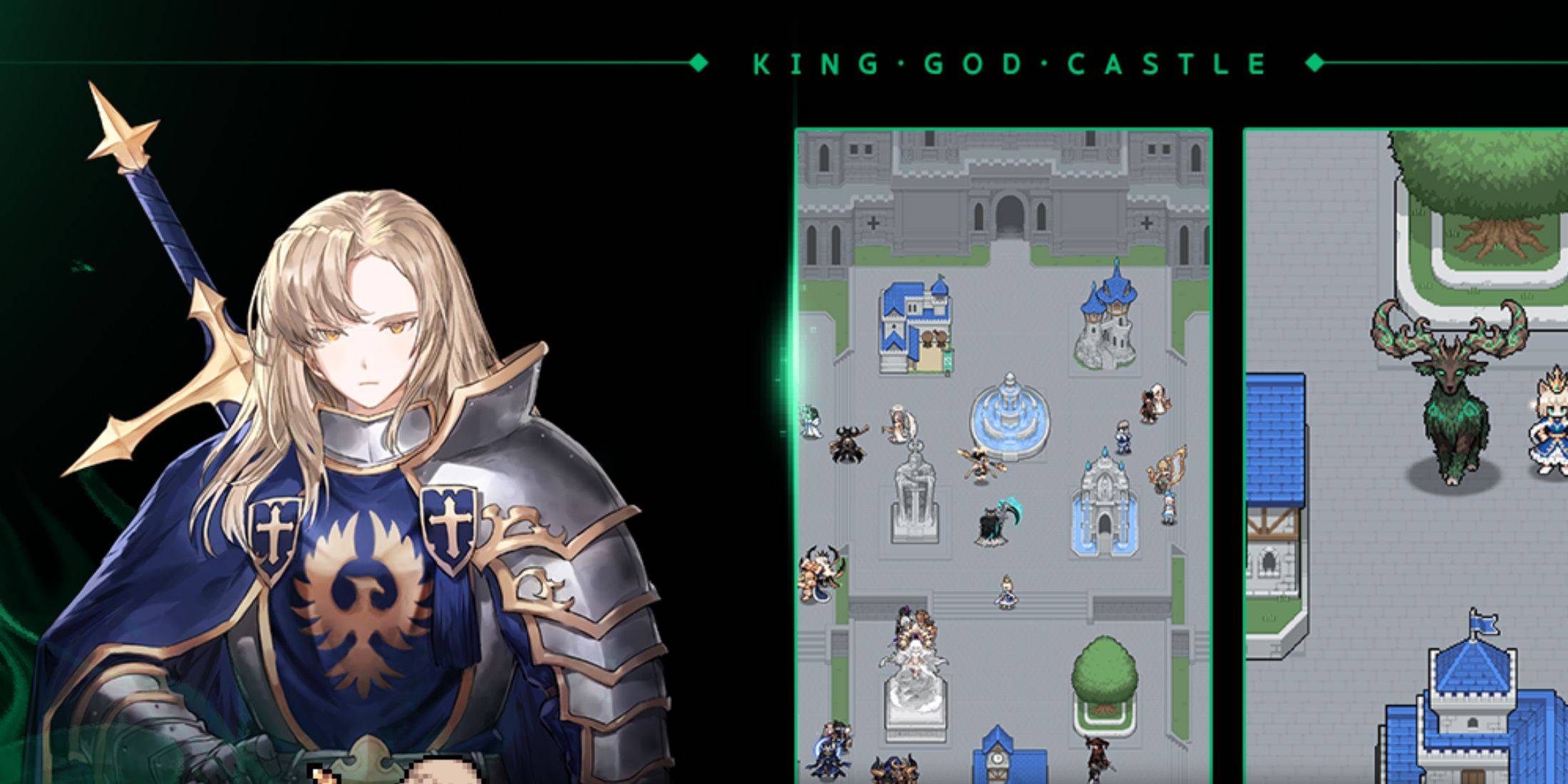
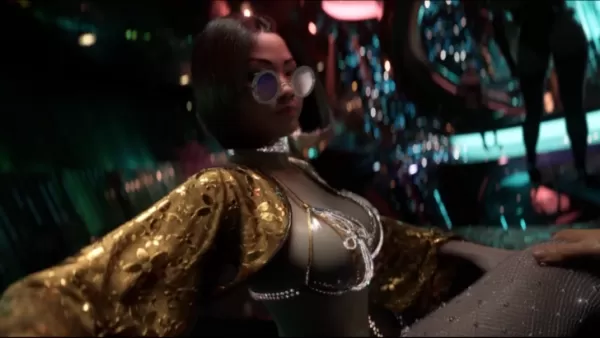
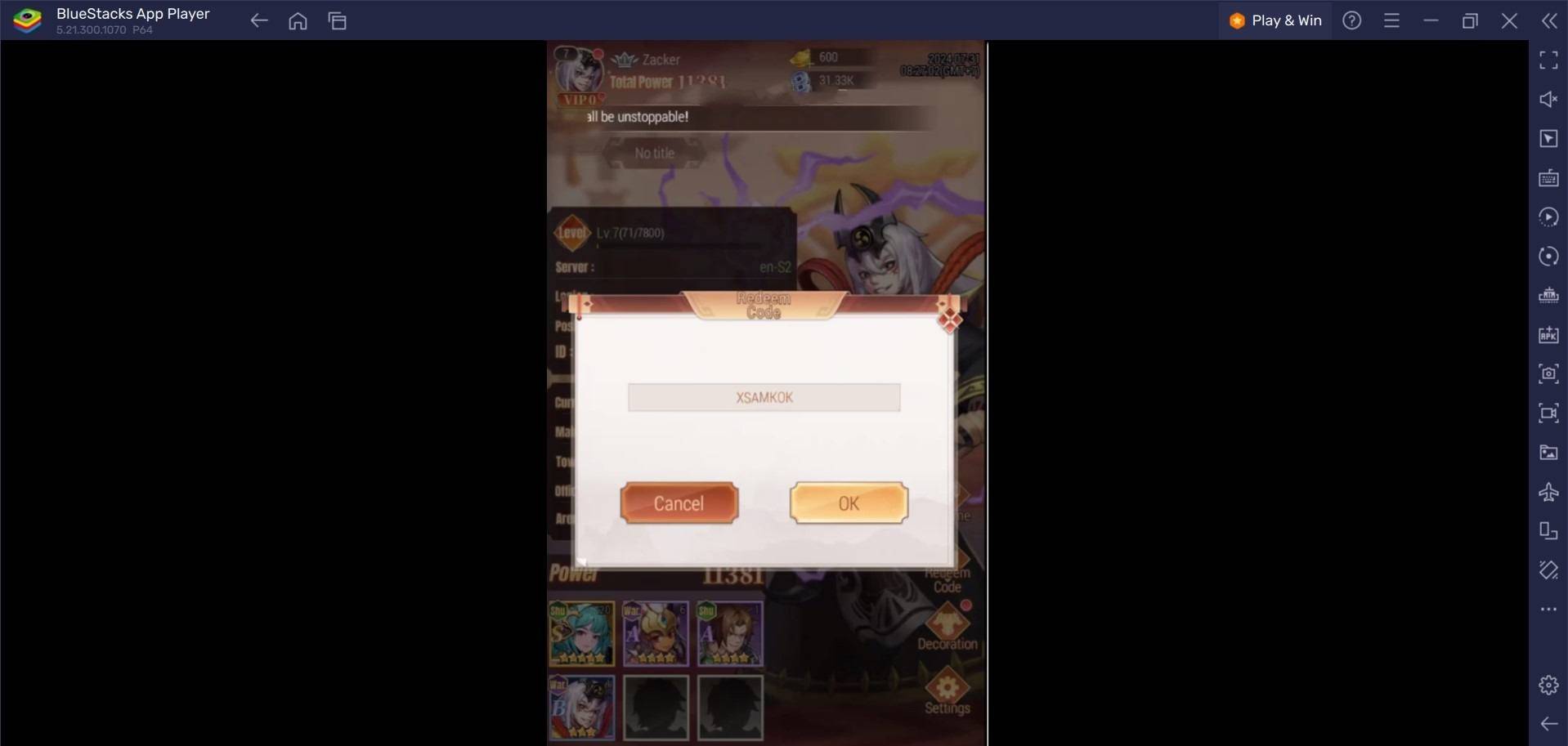
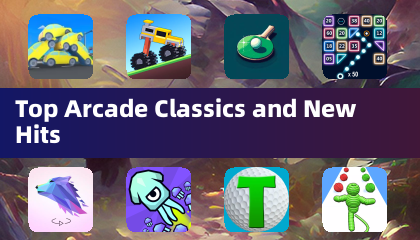
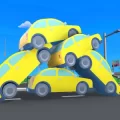
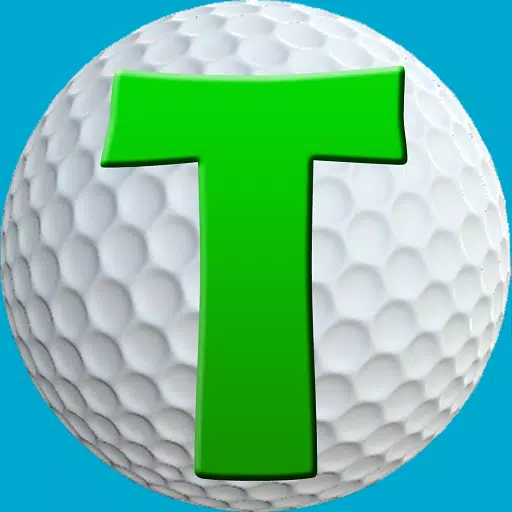
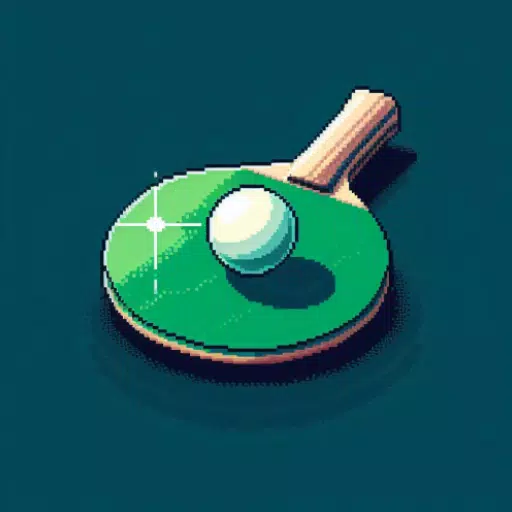
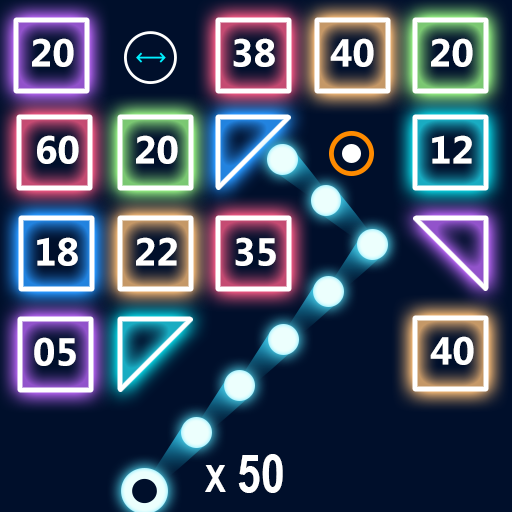
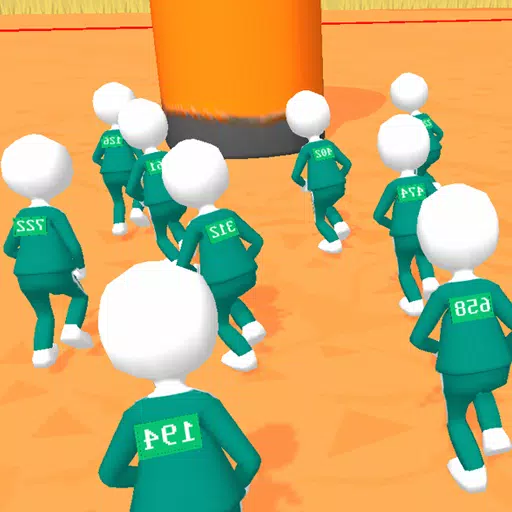
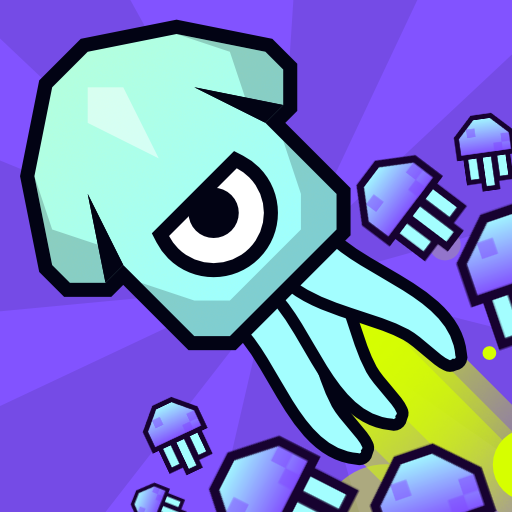
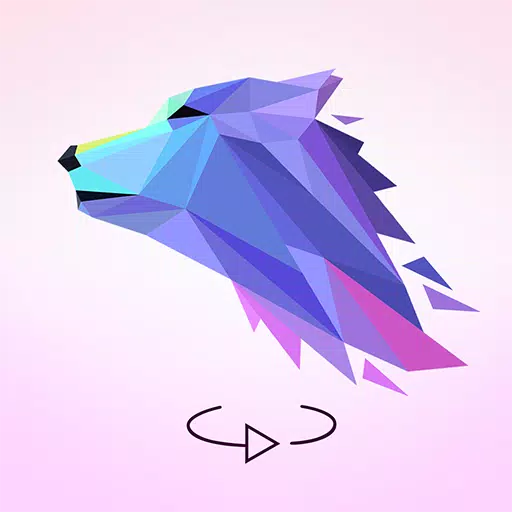
 Latest Games
Latest Games

